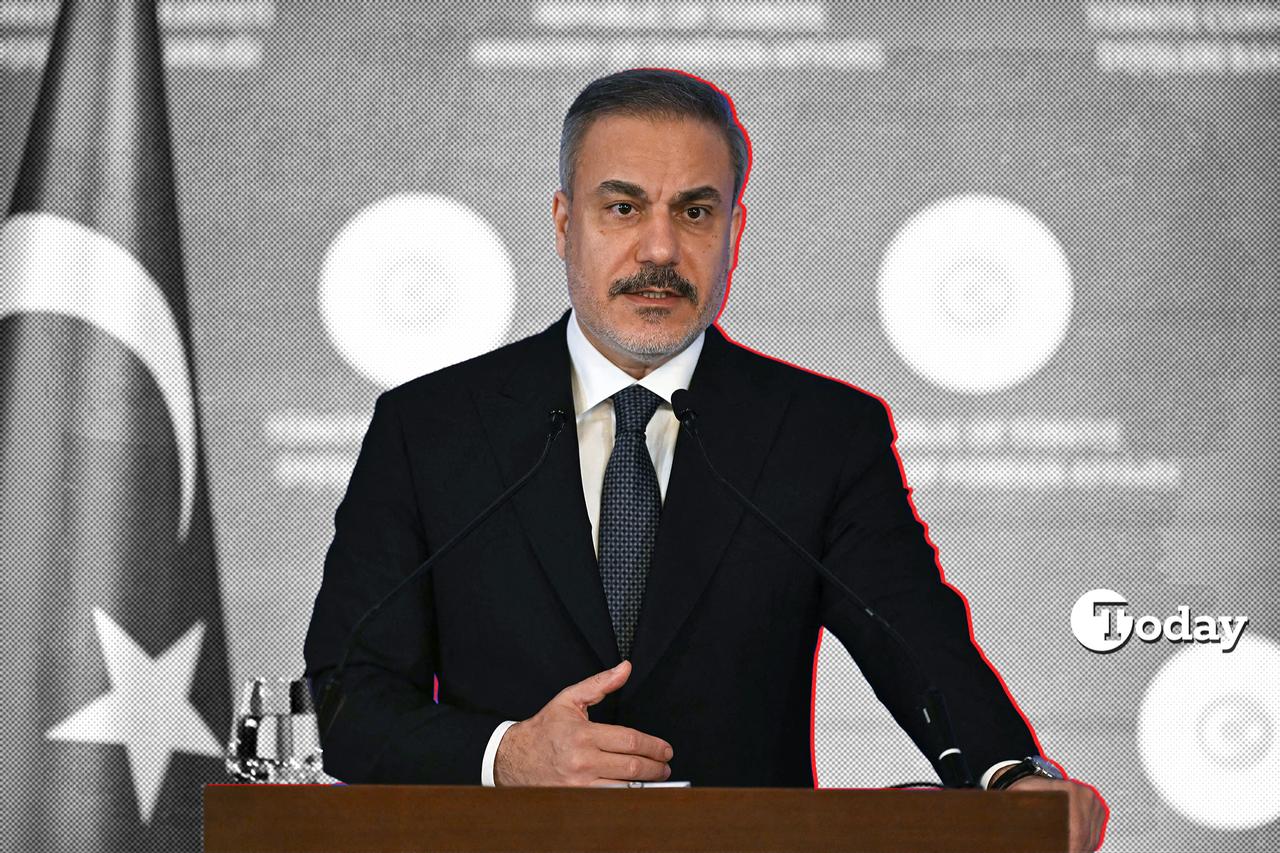
When Turkish Foreign Minister Hakan Fidan lashed out at the SDF two weeks ago for refusing to integrate into the Syrian state, he was heavily criticized by Turkish political analysts, who quickly commented that Fidan’s comments could derail Türkiye’s peace process with the PKK terrorist group. He was seen as a “lone, hawkish figure” who had “personal issues” with the Kurdish opening. As usual, Fidan stayed away from day-to-day politics and did not respond to critics. However, last week's high-level statements on SDF proved that he is not alone in his views. There is an increasing frustration in Türkiye due to the SDF’s stalling moves in Syria.
President Recep Tayyip Erdogan, on his way back from China, heavily criticized the SDF and hinted at the terrorist group's cooperation with Israel. A day before Erdogan’s remarks, Hurriyet columnist Abdulkadir Selvi highlighted the frustration and anger in Ankara against SDF, and noted that some circles are discussing a possible military operation in northern Syria in cooperation with the Syrian army.
As Türkiye Today columnist Omer Ozkizilcik notes, Nationalist Movement Party (MHP) leader Bahceli’s comments were also of high importance. Ozkizilcik wrote, ''Bahceli's intervention changes that calculus. His recent remarks draw a direct line from the historic call he made years ago—urging PKK disarmament under the terrorist group's imprisoned ringleader, Abdullah Ocalan—to today's situation. Back then, Bahceli framed disarmament as necessary to deny Israel's threat to Türkiye. Now, he again invokes Israel’s role, portraying the SDF as instruments of an Israeli plan to fragment Syria.''
Now, in the coming months, a key question will be tested: Did the peace process with the PKK embolden the “domestic front” against regional enemies such as Israel, which is almost a rogue state, and acts beyond reason? This was what Bahceli indicated when he brought the issue onto Türkiye’s agenda on Oct. 22, 2024. People who distance themselves from the peace process argue that it is a move for the government to win another election with a new political calculus, rallying the support of the Kurds before the elections.
If Israel, or other possible rivals, were the sole reason to launch a domestic peace process within Türkiye’s borders, an Israel-related armed group near the Turkish border would change the priorities and may lead to the postponement of the peace process in Türkiye. However, this is an unlikely scenario.
A more likely scenario is that Türkiye recognizes that the peace process with the PKK may be perceived as a weakness in the SDF’s eyes. SDF leadership assumes that while Türkiye runs a peace process within its borders with the PKK and Kurdish political actors, an attack against SDF may easily derail it, making such an operation unlikely. This is a deeply flawed political strategy.
Yet, the Turkish government may want to pursue both: limited, but decisive attacks on SDF based on credible threats, and advancing a gradual peace process that offers the Kurdish political movements to become a part of mainstream policy-making. This will require a widening rift between SDF and Kurdish groups in Türkiye. This is difficult, but not impossible, as Türkiye has a lot to offer.